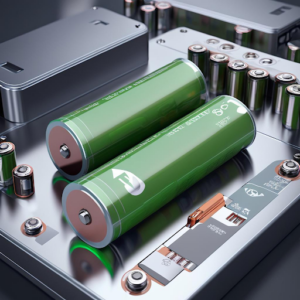APPLICATIONS OF TECHNOLOGY:
- Electric Vehicles
- Solid-state battery manufacturing
BENEFITS:
- Low cost and scalable production
- High ionic conductivity
- Excellent cycling stability due to suppressed dendrite formation
BACKGROUND:
Solid–state batteries (SSBs) that incorporate the argyrodite Li6PS5Cl (LPSCl) electrolyte are potential substitutes for conventional lithium ion batteries. However, these batteries bring challenges such as increased interfacial resistance and rapid growth of lithium dendrites due to the mismatched interface between the LPSCl electrolyte and electrode. These factors reduce the utility of these batteries and ultimately impede their industrial application. Recent studies have shown to combat these problems by improving the electrode/electrolyte connection via composite polymer electrolyte.
TECHNOLOGY OVERVIEW:
Researchers at Berkeley Lab have developed a low-temperature solution-precipitation process to prepare polymer-solid electrolyte composites for highly uniform polymer distribution in the electrolyte. This process has shown to improve the mechanical strength and reduce the electronic conduction, with composites displaying stability over 100 cycles without an observable decrease in voltage. With this method, they have developed a composite LPSCl/polymer electrolyte to suppress dendrite formation of the battery. The LPSCl/polymer composite electrolyte demonstrates high ionic conductivity up to 0.3 mS/cm and excellent cycling stability, as well as high capacity retention and coulombic efficiency.
DEVELOPMENT STAGE:
Analytical and experimental critical function and/or characteristic proof of concept.
PRINCIPAL INVESTIGATORS: Gao Liu
IP Status: Patent pending
Additional information: ACS Appl. Mater. Interfaces 2023, 15, 11723−11730
OPPORTUNITIES: Available for licensing or collaborative research
